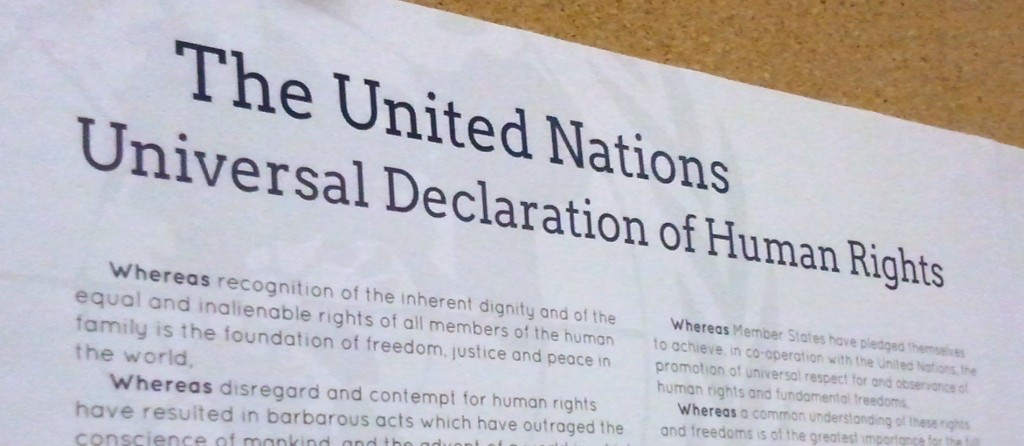Welcome to my first guest blog post. This is a subject I’ve been thinking over for a while and Katie Daniels was kind enough to write something up about it. Allegories and fantasy… well, I’ll leave it up to Katie’s post to explain what I’m talking about. Please, enjoy! And I hope this post offers you something to think about.
—————————————————————————————————————————————————————————————–
What is Christian Fantasy? The simple answer is that it is a branch of Christian Fiction that incorporates elements of the fantasy genre. The long answer is much more complex.
Christian Fiction is fiction in any genre that incorporates elements of the Christian Religion. These books usually focus on themes like faith, belief, submission and prayer. Usually most of the characters are Christians, but there tends to be at least one non-believer who is later converted. The characters deal with struggles believed to be common among real believers today – going to church, trusting God, bible reading, and dealing with crisis. They are realistic dramas set in a contemporary or historical setting.
Christian Fantasy seems an oxymoron by contrast. It is difficult to portray the Christian Religion in a fantasy setting. The very history upon which the tenants of Christianity depend cannot exist in an alternate and fantastical world. The elements of fantasy contradict with the Bible, which must be the unfailing guide by which Christian books are written.
There are two solutions to the conundrum this presents. The most commonly observed practice is the one we all observe in our childhood readings – The allegory. C.S. Lewis wrote God into his story be creating a parallel world with a parallel religion, and a parallel Christ figure to die and be resurrected to save us all.
There are many problems with this option. Everyone does it, and it quickly becomes very predictable and cliche. It’s also very hard to carry of theologically. Yet because of the prevalence many beginning writers tackle the problem from this angle. Their plots are quickly dragged down in the overall, global salvation plan, and the writers themselves get tangled up in a theological rat’s nest that even the best philosophers haven’t been able to untangle.
But what is the alternative? Those who reject the allegory approach have a much simpler viewpoint, one that can also be applied to other genres that may cause trouble for direct Christian references. The alternate definition of Christian Fantasy is simply – fantasy written by Christians.
Indeed, what further definition do we need? A fantasy novel written by a Christian reflects the moral tenants of the religion, without employing the actual details and facts. A novel written from a specific view point can be more spiritual then one with a conversion scene and a parallel savior. A book that’s not tied down by the historical sequence of events that took place in our own world 2,000 years ago can be more realistic and more innovative, without sacrificing religious principles. It is possible to portray good and evil from a biblical viewpoint without quoting verses. It is possible to write about faith and hope and love without referring directly to Christ. And it’s even possible to refer to God without creating parallel culturally relevant names for our fantasy universes.
Fantasy is not a naming exercise. Fantasy is the art of creating a world wholly unlike our own, that mirrors our life in ways a true reflection never could. Simply paralleling our own history robs us of this opportunity, and deprives our writing of its true potential.
—————————————————————————————————————————————————————————————–
 I am first and foremost a storyteller, so while I may not always make sense and occasionally may require spellchecking I will always be striving to perfect my craft. While I realize perfection is unobtainable I am too much of a dreamer to give up on something simply because of a little thing like impossibility.
I am first and foremost a storyteller, so while I may not always make sense and occasionally may require spellchecking I will always be striving to perfect my craft. While I realize perfection is unobtainable I am too much of a dreamer to give up on something simply because of a little thing like impossibility.
I am a fairytale writer, and I love dystopian science fiction. I have five good years of writing behind me, none of them particularly brilliant, but none of them useless either.
image and about taken from http://katielynndaniels.com

 A band I fell in love with over the summer is today’s suggested music.
A band I fell in love with over the summer is today’s suggested music. Allow me to introduce to you a serial I’m about to start here on my blog. I’ve been edging my through
Allow me to introduce to you a serial I’m about to start here on my blog. I’ve been edging my through 

 Makilien can’t take it anymore: there must be more to life than the monotony of the town she grew up in. Something is missing. The arrival of a stranger gives Makilien the push she needs to actually leave and discover what is out there. Strangers become friends and open her eyes to the evil she’s been blind to for years. Her warrior heart aroused, Makilien joins the fight against Zirtan’s forces. All the while searching for what’s always been missing from her life.
Makilien can’t take it anymore: there must be more to life than the monotony of the town she grew up in. Something is missing. The arrival of a stranger gives Makilien the push she needs to actually leave and discover what is out there. Strangers become friends and open her eyes to the evil she’s been blind to for years. Her warrior heart aroused, Makilien joins the fight against Zirtan’s forces. All the while searching for what’s always been missing from her life.